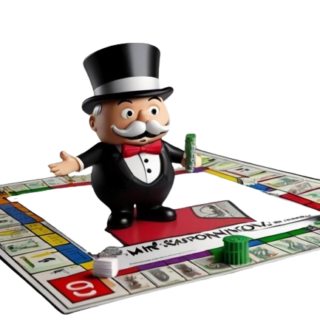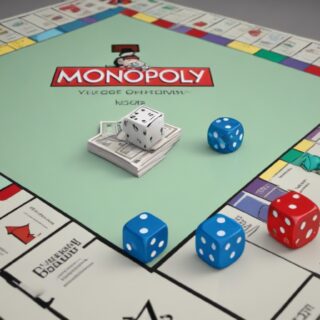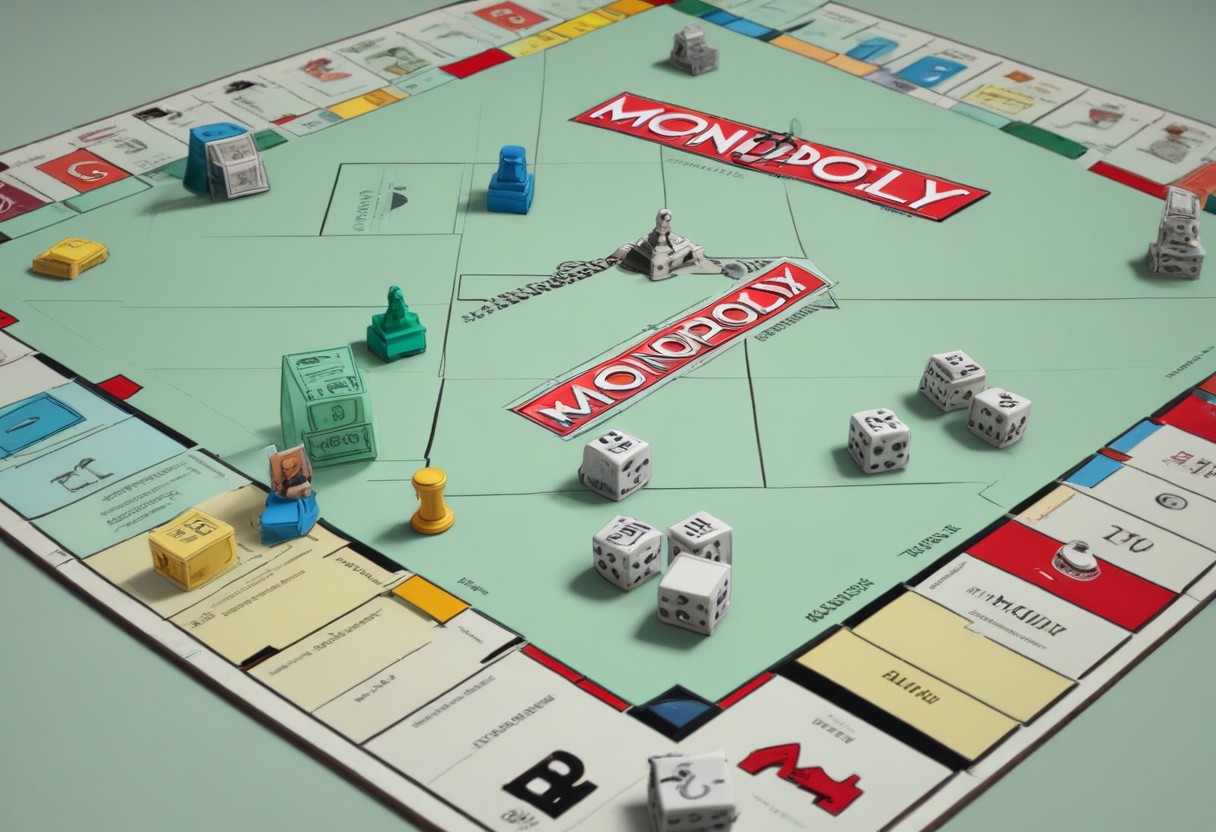Monopoly Jackpot Rules: A Chance to Win Big!
Monopoly jackpot rules add an exciting twist to the classic game, offering players a chance to win big with a jackpot prize. Here’s a guide to the jackpot rules in Monopoly:
In Monopoly, the jackpot isn’t just a pot of gold; it’s the ultimate prize that can change your fortunes in an instant
Setting Up the Jackpot
- Initial Contribution: At the beginning of the game, each player contributes a set amount to the jackpot. This amount is typically agreed upon by all players before the game begins.
- Adding to the Jackpot: Throughout the game, certain events or actions may trigger additional contributions to the jackpot. For example, landing on certain spaces or drawing specific cards could require players to add more money to the jackpot.
Triggering the Jackpot
- Specific Conditions: The jackpot is triggered when specific conditions are met. For example, landing on a designated jackpot space or completing a certain task or objective could trigger the jackpot.
- Winning the Jackpot: The player who triggers the jackpot is typically the winner and receives the entire jackpot prize.

Impact on Gameplay
- Strategy: The jackpot adds a strategic element to the game, as players may need to decide whether to prioritize contributing to the jackpot or focusing on other aspects of the game.
- Excitement: The jackpot adds an element of excitement and anticipation to the game, as players compete to trigger the jackpot and win the prize.
Conclusion
The jackpot rules in Monopoly add a new dimension to the classic game, offering players the chance to win big with a jackpot prize. By contributing to the jackpot and strategically navigating the game, players can enhance their gameplay experience and compete for the ultimate prize.
What comes with the game
Here’s a table outlining the components included in a standard Monopoly game:
| Component | Description |
|---|---|
| Game Board | The board consists of 40 spaces representing properties, railroads, utilities, and special spaces like Chance and Community Chest. Players move around the board buying properties and collecting rent. |
| Tokens | Tokens represent players on the board and include classic items like the thimble, top hat, and car. Players choose a token at the beginning of the game. |
| Money | Monopoly money comes in different denominations and is used to buy properties, pay rent, and manage finances throughout the game. |
| Property Deeds | Deeds represent ownership of properties and include information such as purchase price, rent cost, and building costs. Players collect deeds when they buy properties. |
| Houses and Hotels | Players can purchase houses and hotels to increase rent on their properties. Houses are placed on properties to indicate rent increases, and hotels replace houses for higher rent. |
| Chance and Community Chest | These cards are drawn when a player lands on the corresponding space. They contain instructions that can be beneficial or detrimental to the player, such as paying or receiving money, or moving to a different space on the board. |
| Dice | Monopoly uses two six-sided dice for movement around the board. Players roll the dice to determine how many spaces to move on their turn. |
| Banker’s Tray | The banker manages the game’s money and properties. The banker’s tray includes compartments for the different denominations of money and property deeds. |
| Rules | The rulebook outlines how to play the game, including setup, gameplay, and winning conditions. It also includes information on optional rules and variations. |
| Mortgaged Property Cards | When a property is mortgaged, a card is placed on the property to indicate that it cannot collect rent until the mortgage is paid off. Players can mortgage properties to raise funds. |
| Houses and Hotels Tokens | These tokens are used to represent houses and hotels when purchased by players. They are placed on properties to indicate the level of development and the increased rent value. |
FAQ
The jackpot amount is typically determined by the players at the beginning of the game, with each player contributing an agreed-upon amount. Additional contributions may be added throughout the game, depending on specific events or actions.
It depends on the rules set by the players. Some games may allow for the jackpot to be triggered multiple times, while others may limit it to a single jackpot prize per game.
If no one triggers the jackpot by the end of the game, the jackpot amount may either carry over to the next game or be distributed among the players in some predetermined manner, depending on the house rules.
Yes, players can use strategy to increase their chances of triggering the jackpot by strategically managing their money, properties, and actions throughout the game. However, the jackpot trigger is often based on luck as well.
Ready to roll the dice and take on the challenge of becoming the ultimate property tycoon?
Set up the board, and let the wheeling and dealing begin!
Time to buy, sell, and trade your way to victory in the timeless game of Monopoly.
Who will build the biggest empire and bankrupt their opponents? Find out now by starting your Monopoly adventure


